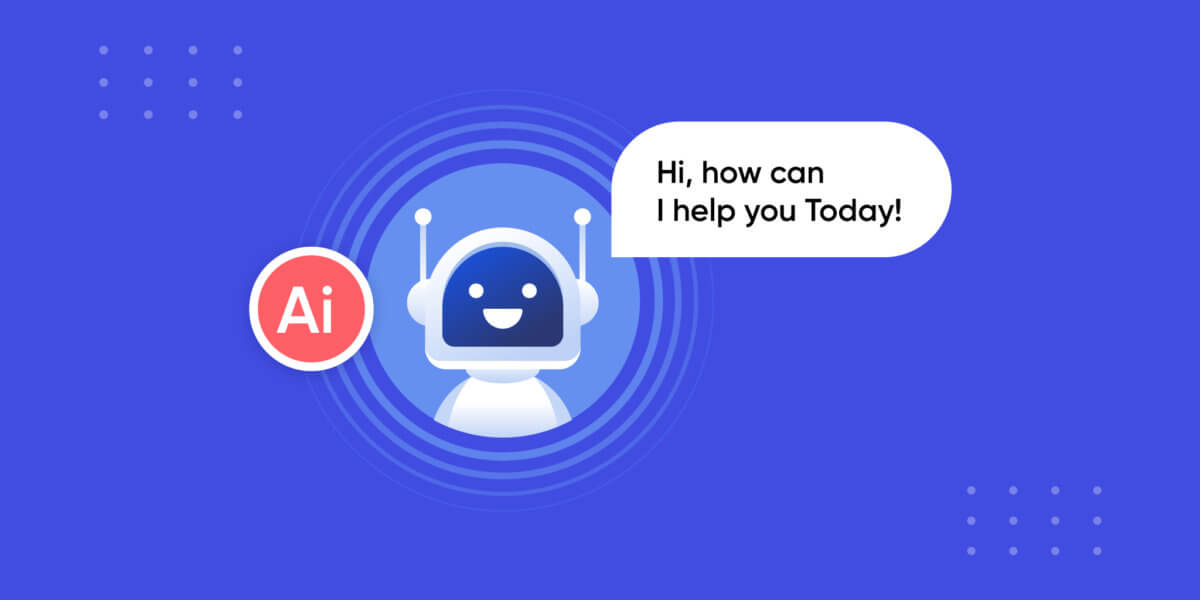3 Effective Ways to Prevent Google Indexing of AI Chatbot Content
Introduction
Artificial intelligence (AI) chatbots have become increasingly popular on websites, providing instant customer service and engagement. However, website owners need to be aware of potential issues that could impact the visibility and search presence of their websites. Google Search Advocate, John Mueller, suggests three effective ways to prevent potentially inaccurate AI chatbot content from being indexed by Google’s algorithms. In this article, we will explore these methods and their implications for SEO.
The Importance of Blocking AI Chatbot Content
AI chatbots have the potential to generate content that may not align with the quality or relevance of a website’s human-edited and generated content. This can dilute the overall SEO performance of a site and affect its search visibility. To address this issue, website owners can implement the following methods to prevent AI chatbot content from being indexed by Google.
1. Robotted Iframe
One way to block the indexing of AI chatbot content is by using a “robotted iframe”. An iframe is an HTML element that allows you to embed another HTML document within the current document. By applying a “noindex” directive to the iframe, website owners can prevent search engine bots, including Google, from crawling and indexing the content within the iframe. This method gives website owners full control over what content is visible to search engines.
2. Robotted JavaScript File/Resource
Another effective method is to use a “robotted JavaScript file or resource”. Website owners can disallow the JavaScript file containing the AI chatbot’s code in the robots.txt file. This prevents search engine bots from crawling and indexing the JavaScript file. By excluding the chatbot’s code from indexing, website owners can ensure that potentially inaccurate AI-generated content does not appear in search results.
3. Data-Nosnippet Tag
The “data-nosnippet” tag is a page-level or specific-content directive that can block a section of a page from appearing in Google’s search snippets. By applying this tag to the AI chatbot’s responses, website owners can prevent them from being displayed in search results. This method allows website owners to hide potentially inaccurate AI-generated content while still making the rest of the page’s content available for indexing.
SEO Implications
Implementing these methods to prevent the indexing of AI chatbot content can have significant SEO implications. By blocking potentially inaccurate AI-generated content, website owners can maintain the quality and relevance of their indexed content. This ensures that search engines, like Google, only display content that has been carefully curated and edited by human authors. This, in turn, can improve the overall search visibility and performance of the website.
Conclusion
AI chatbots offer valuable engagement and customer service capabilities for websites. However, website owners need to be mindful of potential issues that could arise from the indexing of AI chatbot content. Implementing methods such as robotted iframes, robotted JavaScript files/resources, and the data-nosnippet tag can help prevent potentially inaccurate AI-generated content from being indexed by Google. By taking these precautions, website owners can ensure the quality and relevance of their indexed content, thereby improving their overall SEO performance.




